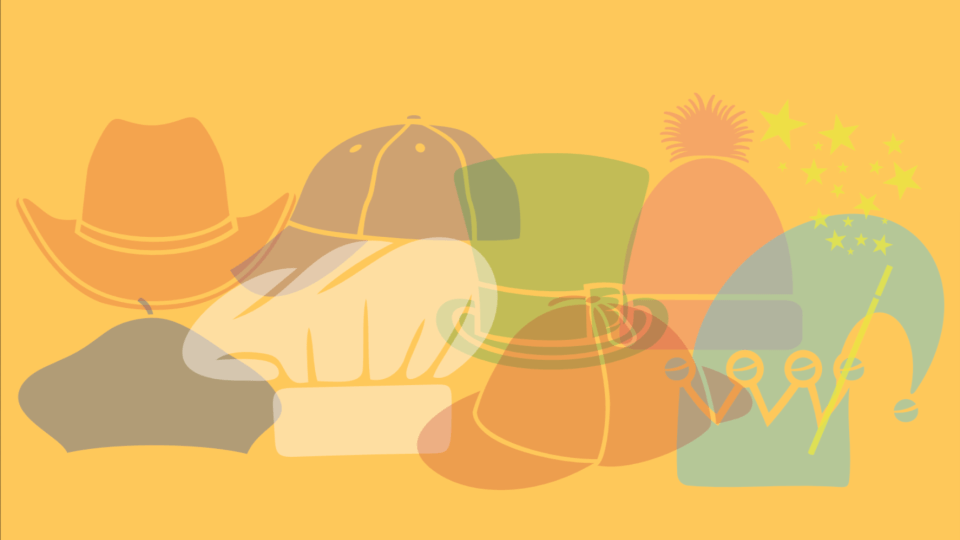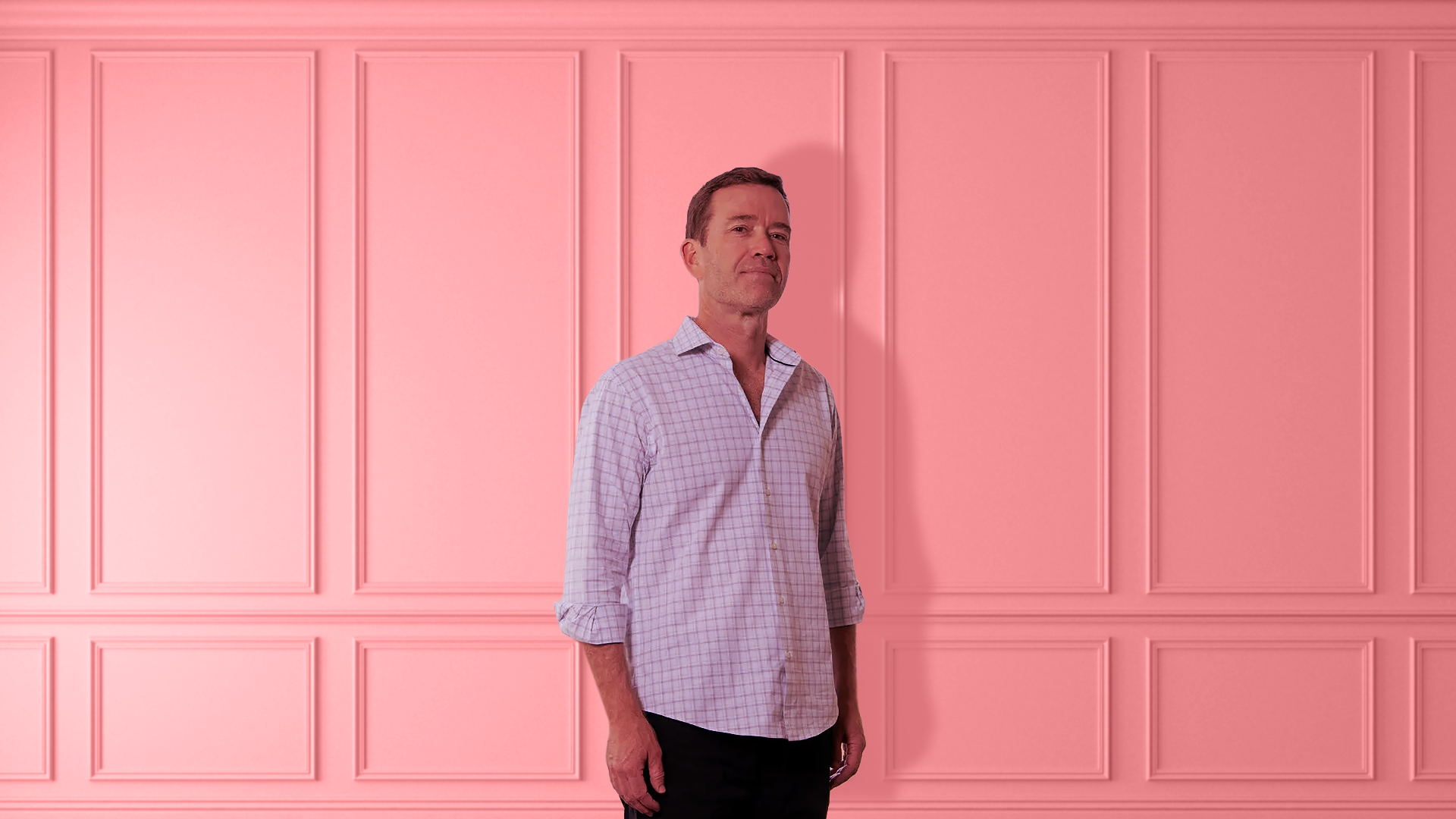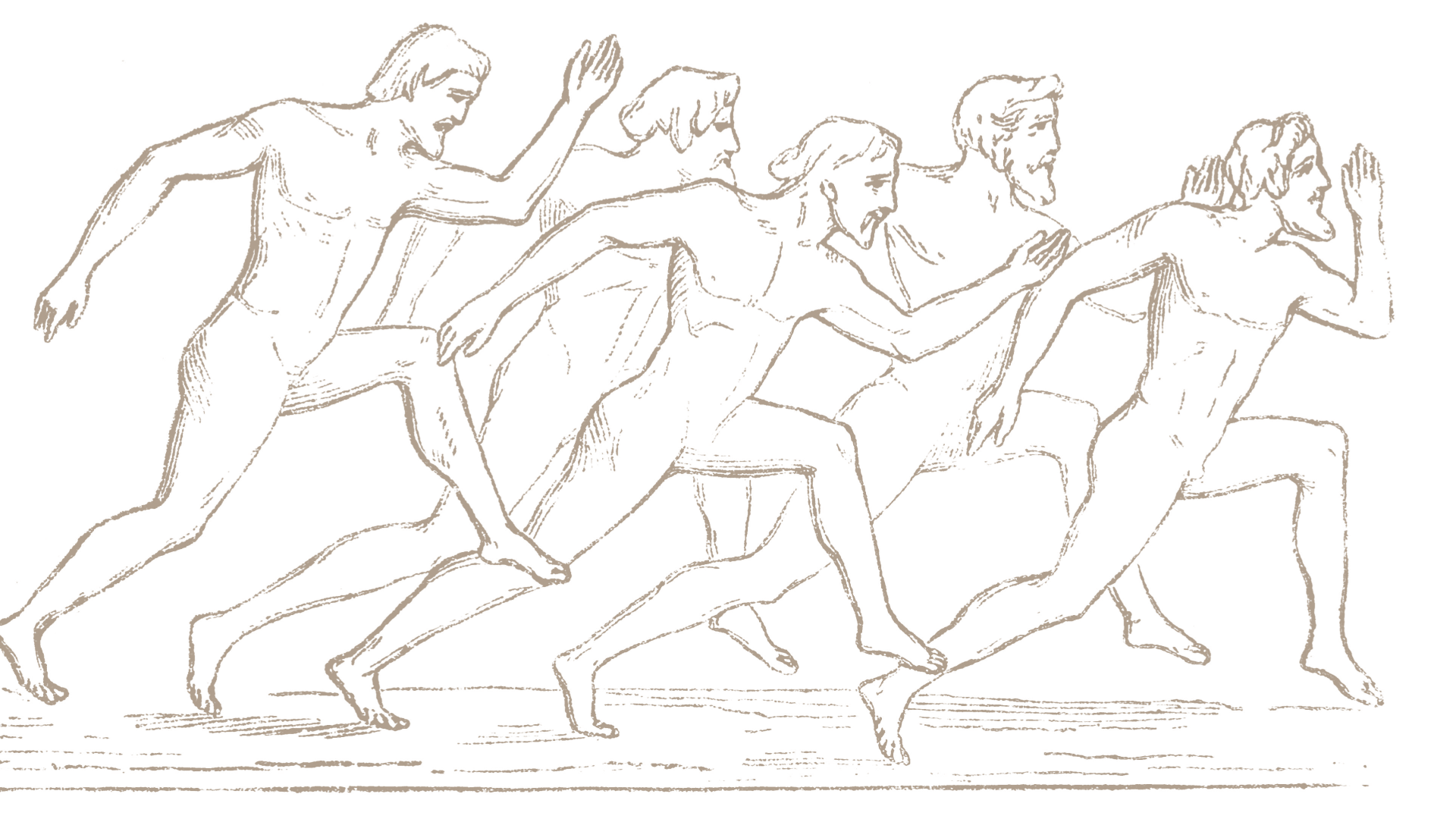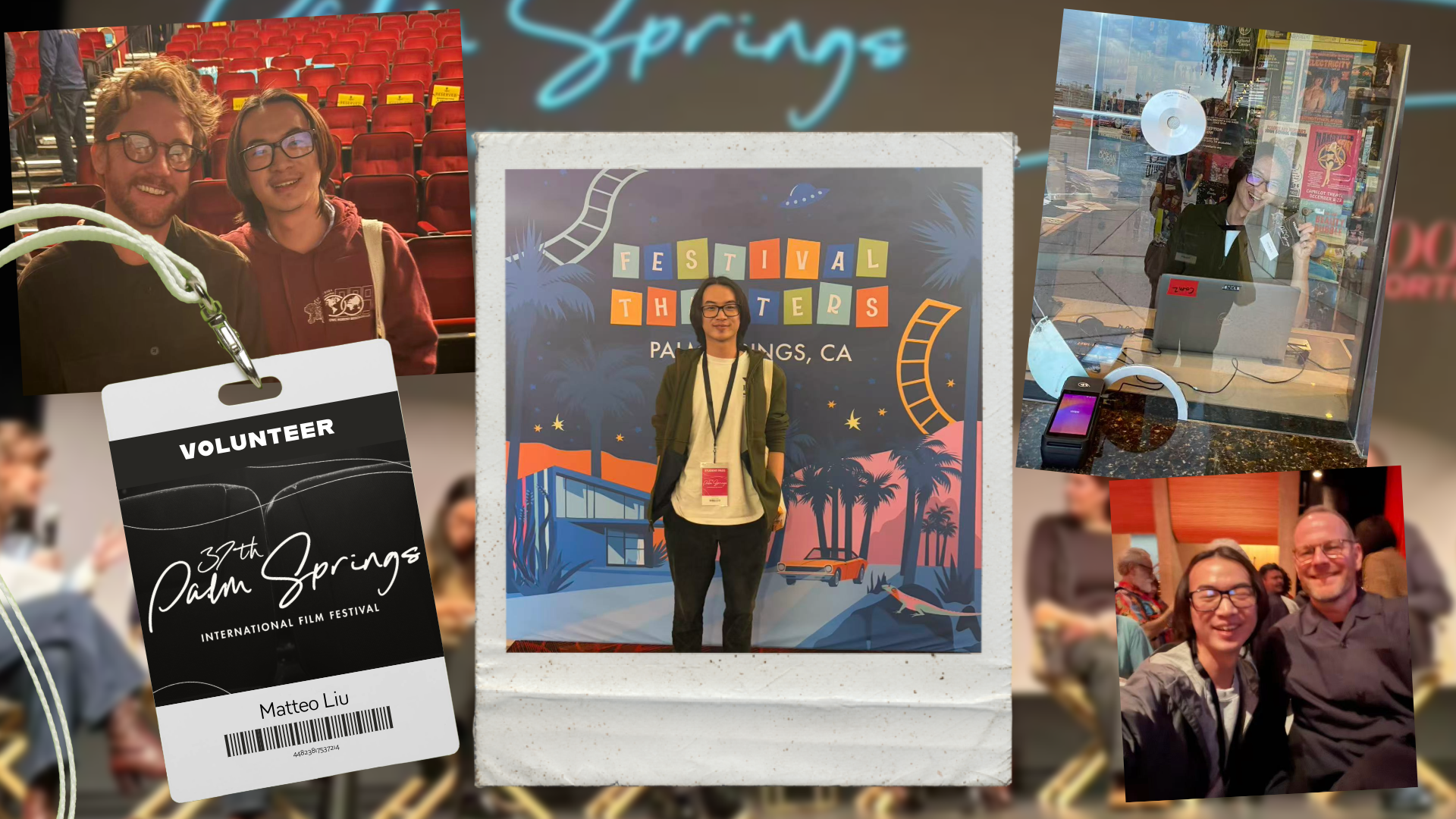Great Expectations: A Community of Individuals
November 30, 2022
- Author
- Cynthia Lewis

“I am large, I contain multitudes.” —Walt Whitman
Could the Drew Barrett who annually concocts the first or second cake chosen by the Cake Race winners be the same Drew Barrett who, by virtue of being a prize-winning dancer, years ago taught my swing class in the Baker basement on Sunday evenings? Could he also be Davidson’s head men’s tennis coach? Improbable as these triple accomplishments may appear for a single person, they all in fact belong to Drew Barrett, who epitomizes Davidson’s model of multiple talents.
One of the prime lessons that teaching at Davidson for over 40 years has taught me is not to form expectations of people in my community based on first impressions. Take Steve Kaliski, who, as a gifted senior English major in 2007, wrote a novella for his honors thesis and nailed the impossible character of the Duke in the “Performing Shakespeare” production of Measure for Measure. As promising as he clearly was then, who would have predicted that, upon returning to Davidson to teach, he’d be designing edX courses in “Applied Storytelling” and adapting theatrical skills to the workplace, have his play The Refugees staged in New York City to glowing reviews, and, in another highly acclaimed tour de force, return to the Charlotte stage himself as the Devil in The Witch, a sassy re-envisioning of an obscure 17th century play, The Witch of Edmonton?
I’m convinced that wide-ranging interest and facility like Steve’s is a fixture of Davidson’s culture. I see it in my students every semester. It assumes a version all its own in athletes, who must manage their time effectively at a fast-paced school like Davidson and who work well with suggestions for improving their work. They’re used to being coached and don’t take constructive criticism personally. They also adjust and adapt easily. Peyton Carter, a women’s basketball team member I remember well from the spring semester of 2021, seemed less fazed by the abrupt, pandemic-induced shift to remote learning in our “Writing 101” class than anyone, myself included.
That goes for less visible athletes, too. A year ago, on the first day of my all-afternoon “Creative Nonfiction” course, I let the students know I’d be keeping them for the better part of the three-hour class. After a break between hours two and three, I noticed a vacant seat—one student had gotten up and never returned. I guessed that he’d decided he wanted to drop the class—no hard feelings. But when he reappeared the next week and I asked him what had happened to him the week before, he told me he’d had a kayaking commitment he’d needed to honor. Mildly annoyed, I suggested that, in the future, he let a professor know if he was going to absent himself in mid-class. In the coming weeks, I learned that the student, Josh Huber, is one of the foremost white-water kayakers in the U.S. (probably the world, though he’s too modest to say so). What’s more, he was one of the most talented writers among the 14 students in the class. When you encounter the first line of an essay that reads, “The first time I almost died kayaking was just before my 19th birthday,” you know you’re in for a gripping story.
Maybe I’m imagining things, but I doubt many places in the world host such a dense plenitude of endlessly impressive human beings. The unpredictability about what they’ll pull off next isn’t just a source of infinite pleasure and admiration. It’s an ongoing education. It militates against categorizing one another, against pigeon-holing people who haven’t finished evolving and attaining, who stand to make even more spectacular contributions, whose facets aren’t yet fully expressed. It also creates an openness that attracts more mind-opening opportunities. A couple of years ago, no one expected the Royal Shakespeare Company to return to campus with a “learning residency” that rivaled the residencies of the early 2000s. But return they did, featuring a gender-reversed Taming of the Shrew. Anyone who thought they knew all about that play may well have discovered the contrary.
Just when I think I’ve been surprised for the last time by a Davidson student’s remarkable blossoming, I see a familiar-looking man puttering by my house in an electric golf cart. I recognize him as a one-time, unassuming sophomore in my “Renaissance Drama” class, way back in 1987. He’s still Doug Hicks, but now he’s president of Davidson College.
This article was originally published in the Fall/Winter 2022 print issue of the Davidson Journal Magazine; for more, please see the Davidson Journal section of our website.



